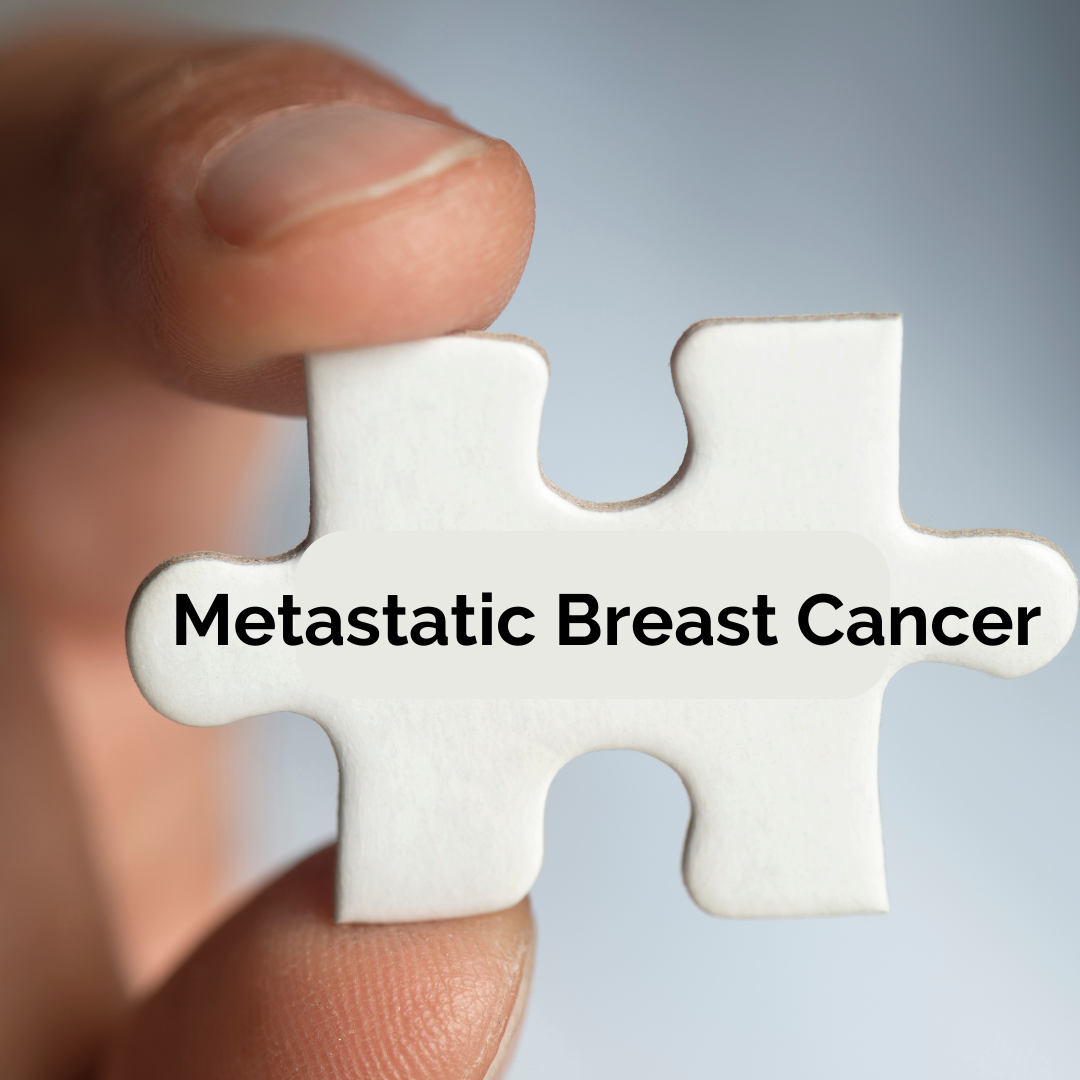By Leanne Pierce Schneider
 I am writing this from my hospital bed. One of many cancer-related hospital stays and visits. This hospital has become my second home. Fortunately, it’s a great hospital. That doesn’t mean I want to spend a lot of time here though.
I am writing this from my hospital bed. One of many cancer-related hospital stays and visits. This hospital has become my second home. Fortunately, it’s a great hospital. That doesn’t mean I want to spend a lot of time here though.
But that is inevitable when you have metastatic breast cancer, otherwise known as mBC. That is Stage IV cancer. Cancer that has travelled outside the breast and has metastasized into other areas of the body. There are always scans to be done and treatments needed. And meetings with oncologists, the palliative care team, the social worker, the cancer patient navigator, the wound care nurse, physiotherapists, occupational therapists, and recreational therapists. It sometimes feels like cancer is my social life. After I’m finished with these appointments, I just want to go home, climb into bed and sleep.
If I am planning on doing something special, I need to save my strength and energy for many days prior to the special event. Which could be something as simple as a trip to the grocery store. And I plan on being bedridden for days after. To recover. The smallest outing takes so much physical stamina, so they are few and far between.
But I make them count. I make everything count. And it’s time we make mBC count.
There are no accurate statistics regarding how many people are living with metastatic breast cancer because we don’t count all of them. According to the statistics, 98% of women with early-stage breast cancer are alive five years after their diagnosis. But 20-30% of women will have a recurrence. They may even die from their disease but are included as survivors in the five-year statistics. They are not counted.
There is no cure for mBC. It is treatable, but only until the treatment options run out, or until the body wears down from the treatments. The five-year survival rate for Stage IV breast cancer is 22%. The median survival is three years.
Here are some more numbers:
- 50% of Canadians don’t know what mBC is.
- 90% of Canadians believe that an early diagnosis means a better outcome. They don’t understand that Stage IV cancer means terminal cancer.
- Almost 50% of Canadians mistakenly believe that if breast cancer is caught early, it will not spread.
- An average of 12 Canadian women die everyday from breast cancer.
- 44% of Canadians thought that number would be lower.
- 44,000 women die every year from metastatic breast cancer.
From the time of diagnosis, a mBC patient has an average of:
- Three springs
- Three birthdays
- Three Thanksgivings
- Three Christmases
- Three New Years
Out of all the money raised worldwide for breast cancer research, less than 7% goes towards mBC research. Read that number again. Seven percent. Is that all our lives are worth? We are somebody’s mother. We are somebody’s grandmother. Somebody’s daughter, sister, friend. We deserve more research funds.
And we deserve to be counted.
For more information on these and other mBC infomatics, you can consult the Metastatic Breast Cancer Network, the Breast Cancer Research Foundation’s Metastatic Research Fund Initiative, Metavivor, and Rethink Breast Cancer.






